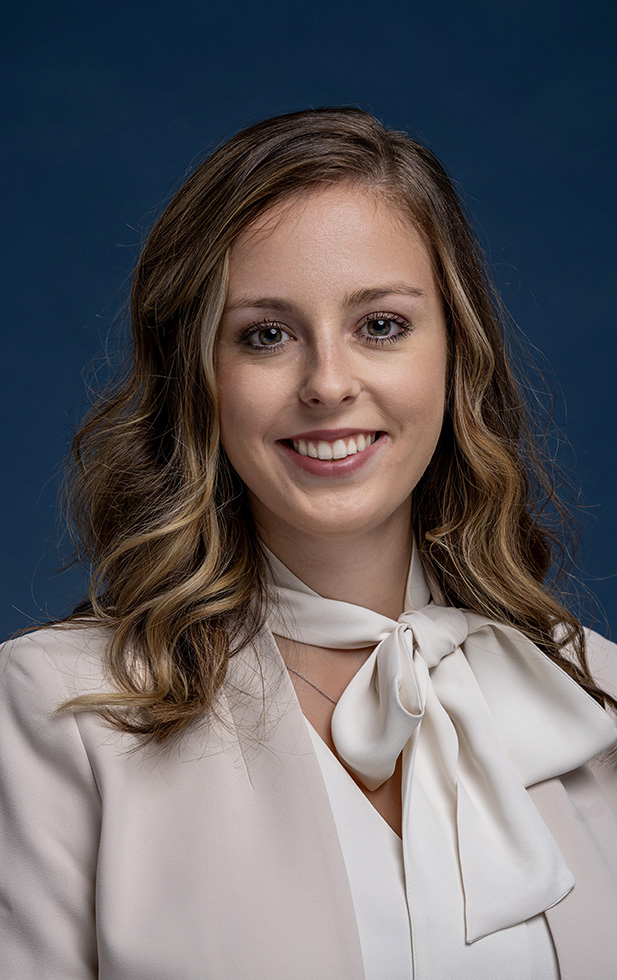This post originally appeared at https://will-law.org/planned-parenthood-v-urmanski/
Case Name: Planned Parenthood v Urmanski
Type of Case: Constitutional Government and Rule of Law
Court: Supreme Court of Wisconsin
Filed On: April 25th, 2024
Current Status: WILL filed a response to Planned Parenthood’s Motion seeking to define a right to an abortion in the Wisconsin Constitution.
WILL Opposes New Effort from Planned Parenthood to Make Abortion a “Constitutional Right” in Wisconsin
March 12, 2024 | WILL and the Thomas More Society, on behalf of Wisconsin Right to Life, Wisconsin Family Action, and Pro-Life Wisconsin, have filed a response to Wisconsin Attorney General Josh Kaul’s “bypass petition” seeking to create a constitutional right to an abortion in Wisconsin, by adding a new claim to his lawsuit that was not previously raised.
Where Would the Court Draw the Line? If the Wisconsin Supreme Court were to agree with Kaul, what would happen next? For example, would the prohibitions on abortions after viability, Wis. Stat. § 940.15, or after the unborn child can experience pain (defined in the statute as 20 weeks), Wis. Stat. § 253.107, also be unconstitutional? How about partial-birth abortions, or very late-term abortions? None of those prohibitions are challenged or at issue in this case, but if this Court constitutionalizes abortion, it will have to answer these questions sooner or later.
And if the Court’s answer is that any of these are ok, where does it draw the line and how does it justify that line? Does it reimpose Roe’s now-jettisoned “viability” line, which “has not found much support among philosophers and ethicists,” which “other countries almost uniformly eschew,” and which raises a host of other questions, such as what “probability of survival” counts as “viable”? Dobbs, 597 U.S. at 274–78.
Or does this Court impose some other arbitrary line, and if so, what line? A fetal heartbeat (weeks 5–6)? Brain activity (weeks 6–7)? Movement in the womb (8 weeks)? Organ function (week 10)? Facial expressions (weeks 10–12)?
Again, addressing this litany of questions should be reserved to the legislative process and a transparent debate from the state’s elected policy makers.
CASE DOCUMENTS
- Proposed Opposition to Petition for Original Action, April 2024
- Brief in Support of Intervention, April 2024

Rick Esenberg
President and General Counsel
rick@will-law.org

Luke Berg
Deputy Counsel
Luke@will-law.org

NATHALIE BURMEISTER
Associate Counsel
Nathalie@will-law.org
The post Planned Parenthood v Urmanski appeared first on Wisconsin Institute for Law & Liberty.